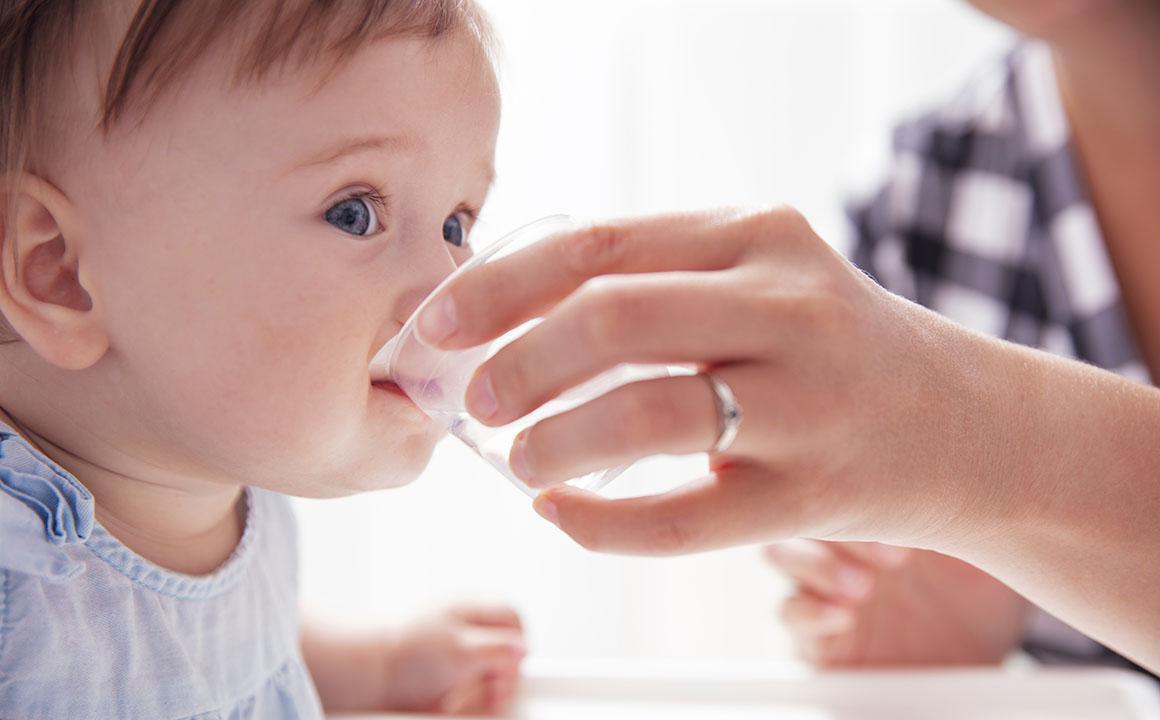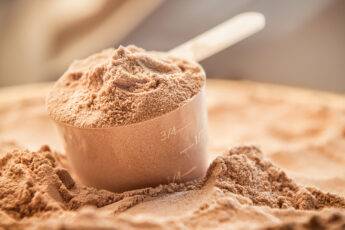How does good nutrition affect baby development?

Raising a baby is one of the most rewarding experiences any parent can go through – but it’s also filled with questions. From what to feed them to when they should sleep, ensuring your baby has everything they need for healthy growth can be overwhelming. But there’s one factor that’s hugely important for optimal development: nutrition.
Proper nutrition can influence so many aspects of your child’s physical, cognitive, and emotional health— from the moment the umbilical cord is cut until adulthood — and understanding how food influences development will help maximize their potential now, as well as in the future. In this article, we’ll explore how different foods support brain development from infancy to early childhood— so grab a snack and join us.
What are the benefits of good nutrition for baby development?
Good nutrition is essential for the healthy development of babies. A balanced diet with whole foods like fruit, vegetables, lean protein, and complex carbohydrates to provide precious nutrients such as vitamins, minerals, and antioxidants can help a baby grow into a strong toddler. Eating right can also promote brain development, improve immunity and provide ample energy throughout the day.
Another key reason to focus on nutrition is that it can help prevent illnesses and diseases in the future. Proper nutrition during the first two years of life is vital for building a solid foundation and preventing malnutrition, obesity, type 2 diabetes, and heart disease.
Although it may be hard to get babies to eat their veggies at times, good nutrition habits established in those early years contribute significantly to the overall well-being of your little one now and in the future.
How can you ensure your baby gets the nutrients they need for healthy development?
A great starting point for ensuring your baby gets the nutrients they need for healthy development is to consult yumi price regarding what foods are best during each stage.
When it comes to solid food, choose those high in essential vitamins and minerals and low in added sugars or salt. It can include fresh fruits, vegetables, lean proteins, and whole grains. Introducing new flavors early on helps create positive eating habits as they age. Offering them a variety of single-ingredient purees and combination dishes like sweet potato, green beans, and chicken will help them learn how to appreciate different textures and tastes.

Lastly, make sure to get them involved. Let your baby grab the spoon or feed themselves with their fingers— it’s an excellent way to practice their fine motor skills and engage in sensory exploration. Yumi has an extensive library of foods that are perfect for babies at different stages of life, check out the Yumi price here.
What foods should you avoid feeding your baby during its first year of development?
You should generally avoid offering your baby certain foods during the first year of life. It includes processed snacks such as crackers or chips, sugary drinks like juice or soda, and processed meats like packaged deli turkey or hot dogs. These foods contain added sugar, salt, and preservatives unsuitable for a growing baby’s body.
In addition, it’s essential to avoid giving them honey until they are at least one year old due to a risk of botulism poisoning linked to consuming unpasteurized honey. Lastly, whole nuts can present a choking hazard, so it is best to wait until after their first birthday before giving them these types of snacks.
The dietary supplements or vitamins recommended for babies?
If you are concerned that your baby is not getting enough vitamins and minerals, it is a good idea to supplement with vitamins or dietary supplements. Vitamin D supplementation is crucial as it helps support bone health and can be found in many foods like fish and eggs. Additionally, probiotics such as Lactobacillus reuteri (L. reuteri) have been linked to immune system development and may help reduce the risk of digestive disorders such as colic.
Iron supplementation can also be beneficial during their first year since iron is essential in cognitive development and healthy blood cells. The American Academy of Pediatrics recommends giving babies between 2-4 mg/kg/day of iron from 4 months until one year old for breastfed babies and until six months old for formula-fed babies.
Speaking with your pediatrician before supplementing with vitamins or dietary supplements is crucial. They can assess the situation and provide personalized recommendations based on your baby’s needs.
How can you make sure your baby is eating a balanced diet?
Creating a balanced diet for your baby can be challenging but rewarding. The best way to create such a diet is to focus on variety by incorporating different food groups into each meal. It means ensuring their meals contain proteins, complex carbohydrates, and healthy fats and offering them fruits and vegetables daily.
It is also essential to provide snacks throughout the day in addition to their meals to make sure they are getting enough calories and nutrients. Keeping portions small and offering nutrient-dense foods like yogurt, cheese sticks, or nuts will help ensure that your baby gets all the vitamins and minerals they need for healthy development.
Lastly, it’s important to remember that these eating habits should be established from a young age. If you introduce your baby to nutritious and balanced food early on, they are more likely to develop healthy eating habits that will stay with them into adulthood.
Share via:





Leave a Comment